Hey, ever wondered if robots will take over talking for a living? The buzz around AI replacing jobs is loud, and the voice acting industry is feeling it too. From video games to virtual assistants, AI voices are popping up everywhere. But what does this mean for the talented humans behind the mic?
This post breaks down where AI is already stepping in, handling tasks like initial script reads and character voice clones. However, we'll also explore why human voice actors remain irreplaceable for things like deep emotion, creativity, and cultural understanding. It's not just about what AI can do, but what it can't.
So, is it game over for voice actors? Not quite! We'll look at how voice actors can adapt, learn new skills, and even use AI to their advantage. Plus, we'll check out the current job market trends to see what the future holds for this dynamic profession.
Table of contents
AI Voices: Opportunity or Threat?
Voice actors are experiencing mixed feelings as AI continues to evolve in their field. While some view AI as a handy tool that can take over repetitive tasks, others fear being edged out entirely. According to an article on Murf.ai, concerns arise around AI's current limitations, such as its lack of emotional depth and creativity, aspects that human actors naturally provide.
On the flip side, many actors are advocating for regulations to protect their industry. A Reuters article discusses initiatives like the French TouchePasMaVF, which emphasize maintaining quality and job security amidst AI's growth. Yet, not all see AI as a foe; some actors, like Jesse Adam, have embraced its potential for job diversification, as highlighted in the St. Albert Gazette.
The general sentiment within the industry sways between adaptation and caution. Podcastle.ai indicates that the market for AI voices is booming, yet the demand for the human touch remains strong. As AI becomes a growing part of the industry, voice actors must decide whether to integrate these tools into their craft or rally to preserve the unique art of human voice acting.
What Voice Actor Tasks Will AI Replace?
AI is beginning to automate several practical areas within voice acting, particularly where budget and speed are key. For instance, AI-generated voices drastically reduce costs by eliminating the need for human voice actors, recording studios, and extensive post-production editing. This provides a cost-effective solution for businesses, especially smaller ones, and allows for much quicker production times, which is useful for industries like news and advertising, as reported by International Finance.
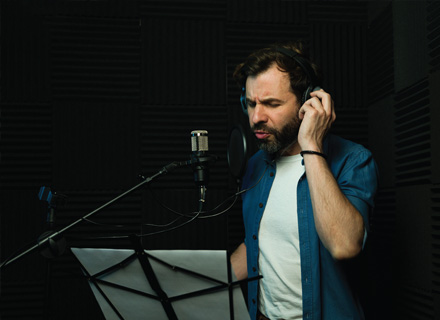
Credits: International Finance
Beyond cost and speed, AI brings consistency and broad accessibility to the table. AI voices maintain a uniform tone and quality throughout recordings, unlike human voices that can vary due to factors like fatigue, making them suited for lengthy projects like audiobooks. Additionally, AI can generate voice-overs in multiple languages easily, helping overcome language barriers and supporting greater inclusivity for diverse audiences, including those with visual impairments.
What Parts of Voice Actor Jobs AI Cannot Replace
Voice actors bring an emotional nuance to their performances that AI struggles to replicate. The subtle changes in tone, pitch, and pace that convey feelings are critical in storytelling, as noted in a LinkedIn article. This emotional resonance is vital for creating a strong connection with audiences and is something AI lacks.
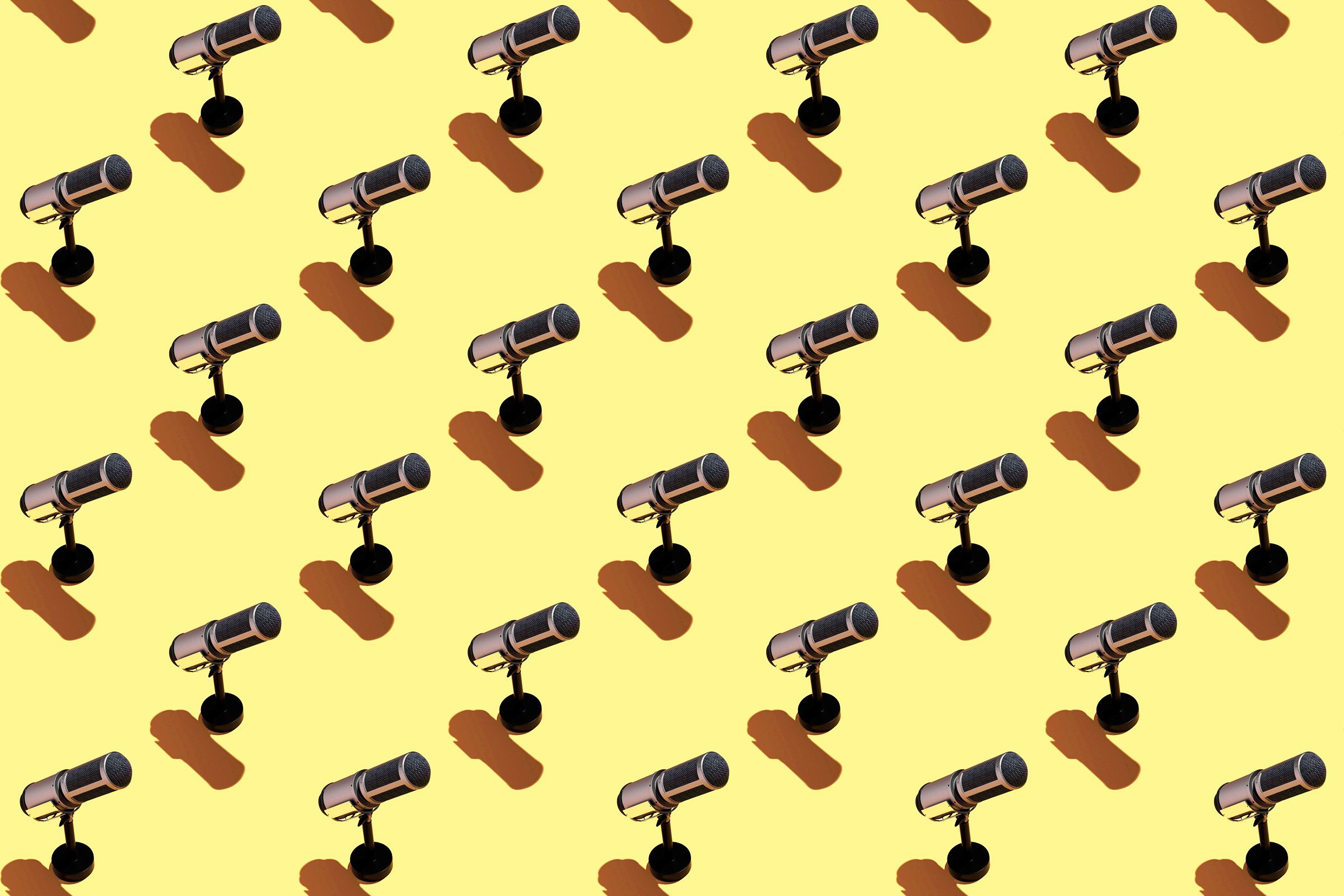
Credits: Wired
Creativity and interpretation are other areas where human voice actors excel. Voice actors interpret scripts with personal flair, adapting and improvising in ways that AI cannot. As highlighted by OATCJ, this ability to infuse personality into characters comes from personal experience and intuition, not pre-programmed data.
Cultural context and collaboration are aspects that AI finds challenging. Human voice actors understand cultural references and subtleties in language, which allows them to deliver lines authentically, as discussed in a Wired article. This understanding, combined with the collaborative nature of voice acting, ensures that human actors remain essential for high-quality productions.
How Voice Actors Can Adapt to AI
In the evolving landscape of voice acting, the role of a voice actor is shifting due to advancements in AI. While AI-generated voices provide cheaper alternatives, the irreplaceable qualities of human voice actors—like emotional depth and creativity—remain valuable. According to Kristen DiMercurio, an experienced voice actor, mastering vocal techniques and embracing new technologies can help actors maintain their artistry in a market increasingly influenced by AI.
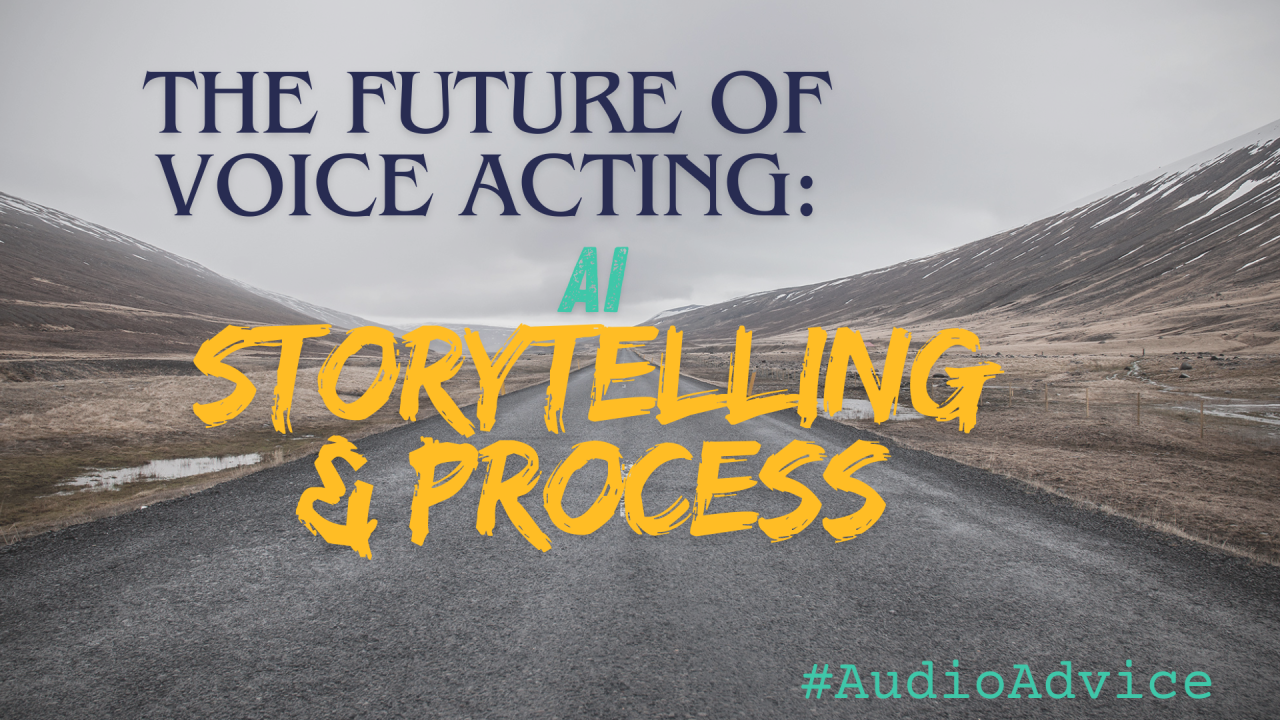
Credits: LinkedIn
Voice actors should focus on continuous learning and skill enhancement to differentiate themselves from AI-generated voices. This includes understanding and protecting their rights through contract awareness and leveraging community networks for support and collaboration. Furthermore, voice actors should enhance their online presence and utilize digital tools to promote their work effectively, ensuring they remain competitive and relevant in an AI-driven industry.
Voice Actor hiring trends in the US
The job market for voice actors in the U.S. is currently thriving, with over 3,000 job listings available on platforms like LinkedIn. This includes a mix of full-time, part-time, and contract positions, catering to both entry-level and experienced talent. Notably, 2,296 of these jobs were posted in the last month, reflecting a strong interest in voice talent across various industries.
According to Indeed, the voice acting landscape is showing signs of stability despite broader economic fluctuations. While specific statistics on voice actor job postings were not detailed, the stabilization of job openings is essential for sustainable growth in hiring. Voice actors who can adapt to emerging trends, such as the increasing demand for multilingual talent and the integration of AI technologies, are likely to find ample opportunities in the evolving market.
Is Voice Actor AI safe?
The voice acting industry is experiencing significant changes as AI technology advances. While AI-generated voices offer benefits like cost savings and efficiency, they lack the emotional depth and creativity that human actors provide. According to an article on Murf.ai, many voice actors fear losing their jobs to AI, yet the demand for human touch remains strong.
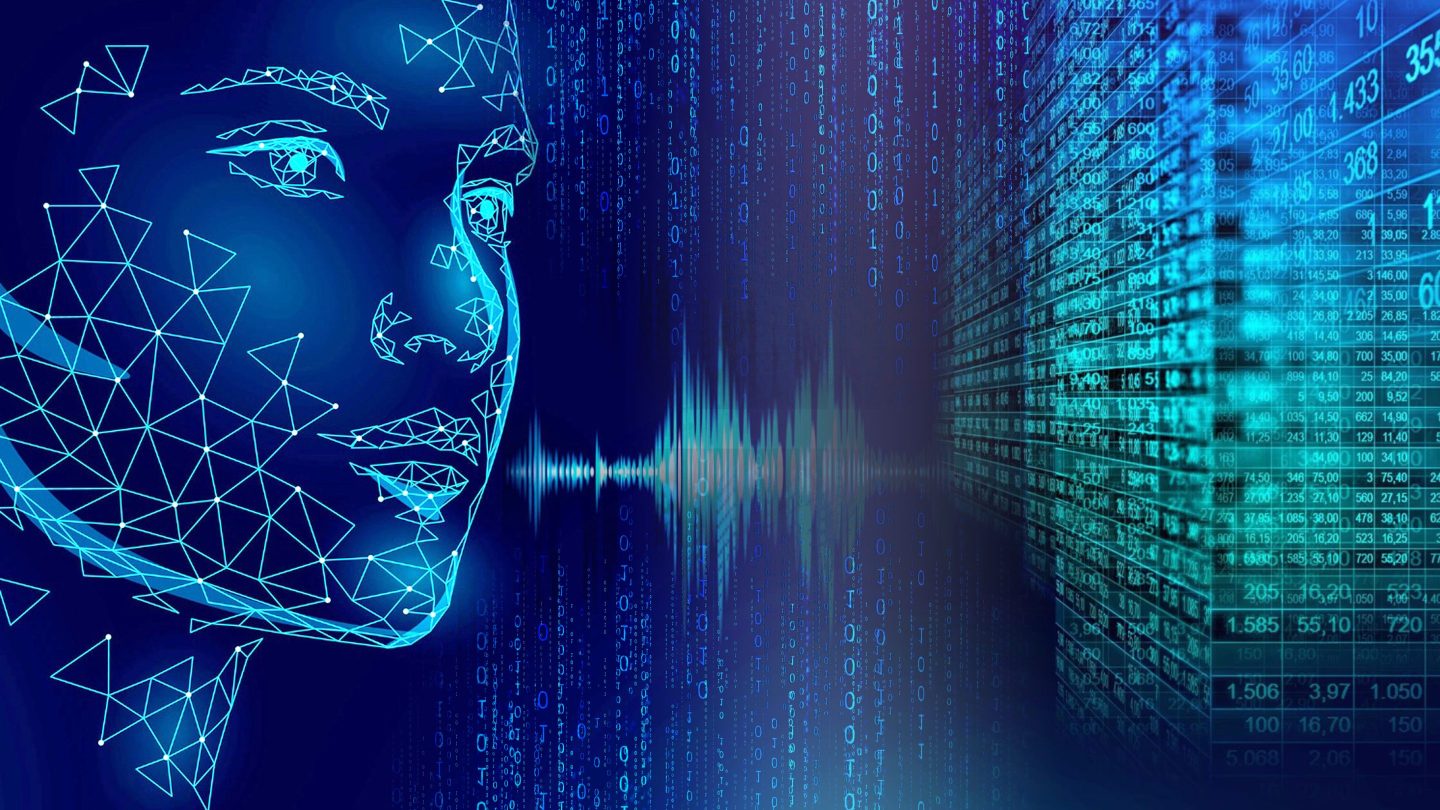
Credits: Getty Images
Industry leaders are advocating for regulations to protect voice actors from being replaced entirely by AI. A Reuters article highlights the call for stricter regulations in Europe to safeguard jobs. While AI continues to make inroads, the unique qualities of human voice actors ensure that a complete takeover is unlikely.
Despite AI's rise, there's still a significant market for human voicework. According to Podcastle.ai, the global audiobook market and sectors requiring authentic human interaction are growing, reflecting a sustained demand for the irreplaceable emotional connection human actors provide.
Hiring a Voice Actor? Here's What to Look For
When recruiting a voice actor, it’s important to focus on key skills that enhance their performance. Look for candidates with vocal versatility, enabling them to adapt their tone and pitch for different projects. Additionally, assess their emotional range; a strong ability to convey diverse emotions is vital for captivating storytelling. Familiarity with modern technology and AI tools can also set candidates apart, as many productions now require integration with digital platforms. Using Adaface's Voice Actor test can help ensure candidates possess these essential skills.
To effectively screen applicants, consider utilizing Adaface assessments tailored for voice actors. The Prompt Engineering Test evaluates their skills in crafting prompts for AI, while the Generative AI Test allows you to gauge their adaptability to AI-driven projects. Moreover, effective communication is a must; the Listening Comprehension Test can help identify candidates with strong auditory skills, ensuring they can interpret directions and feedback effectively.
Prompt Engineering Test
Generative AI Test
Listening Comprehension Test
Voice Acting's Next Chapter: Thriving with AI
Voice actors, this is your moment to shine brighter! AI steps in to handle repetitive tasks, freeing you to focus on the deep emotional nuances and unique character interpretations only humans can deliver (Closing Credits). Imagine effortlessly voicing diverse characters or even rejuvenating your voice for flashbacks using cloning technology, expanding your range without strain (Respeecher).
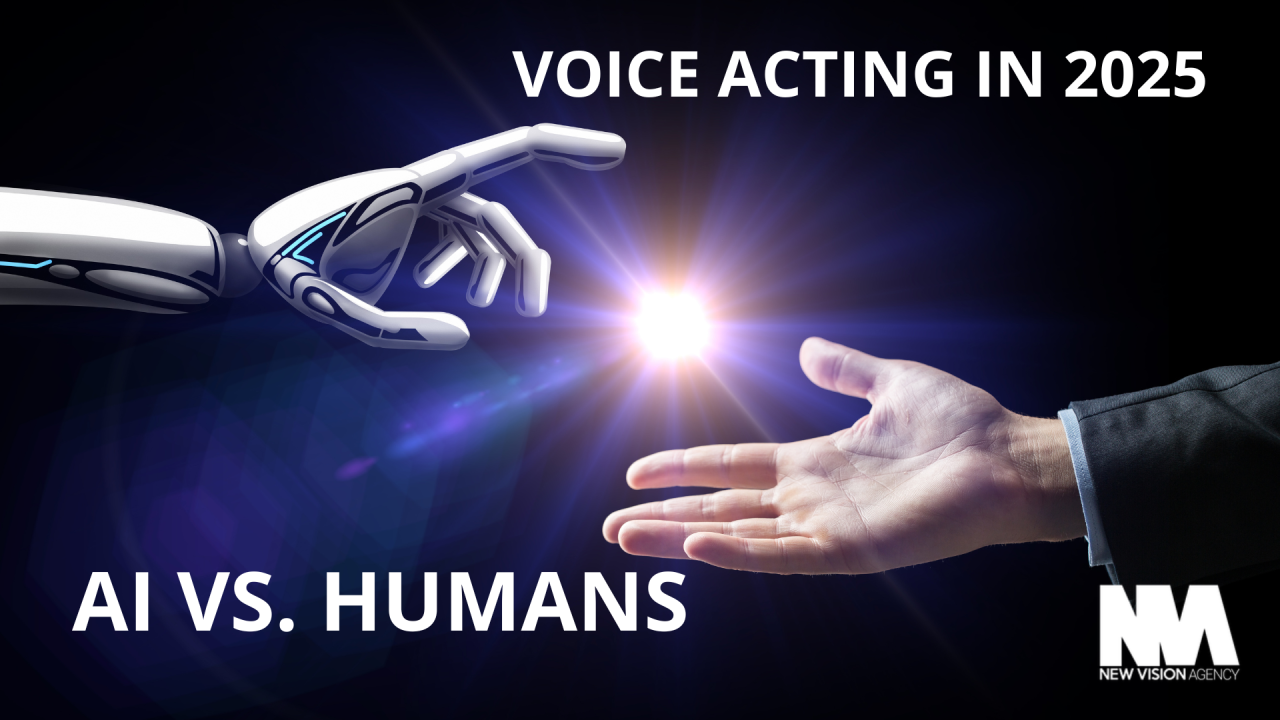
Credits: LinkedIn
For hirers, this new era offers the best of both worlds. AI provides speed and cost benefits for large-scale content, especially for multilingual projects (Murf AI). Yet, demand for authentic, emotionally resonant performances in high-stakes areas like premium animation and branded content proves the irreplaceability of human talent.
Looking forward, the voice acting industry isn't just surviving-it's evolving with new opportunities. By continuously enhancing skills and leveraging digital tools, professionals are poised to thrive in this collaborative landscape (Wired). The future is bright, promising growth and innovation for both voice actors and those seeking their unique artistry.

40 min skill tests.
No trick questions.
Accurate shortlisting.
We make it easy for you to find the best candidates in your pipeline with a 40 min skills test.
Try for freeRelated posts



